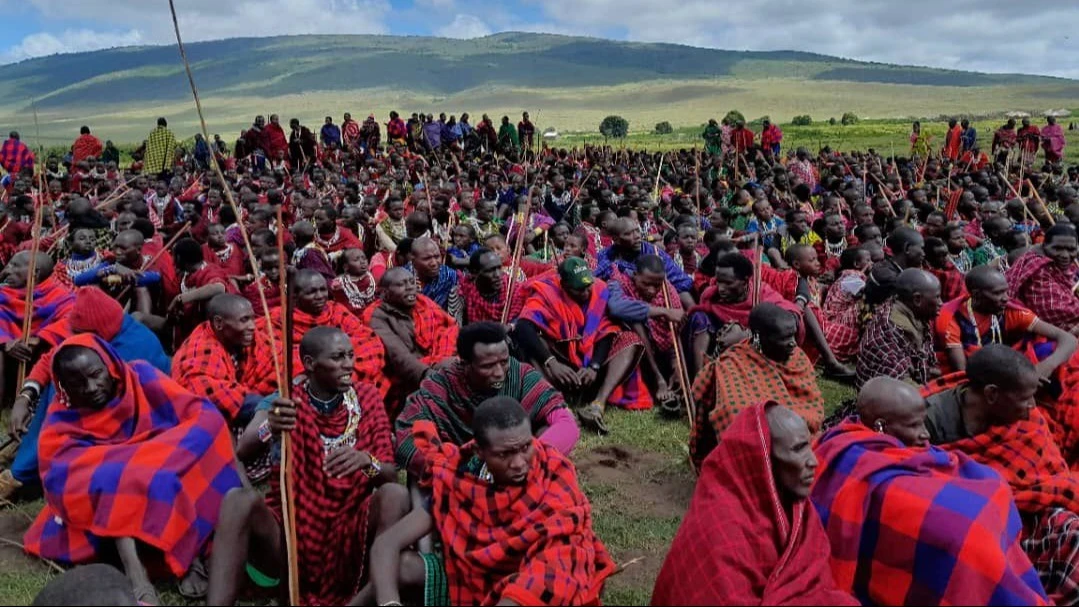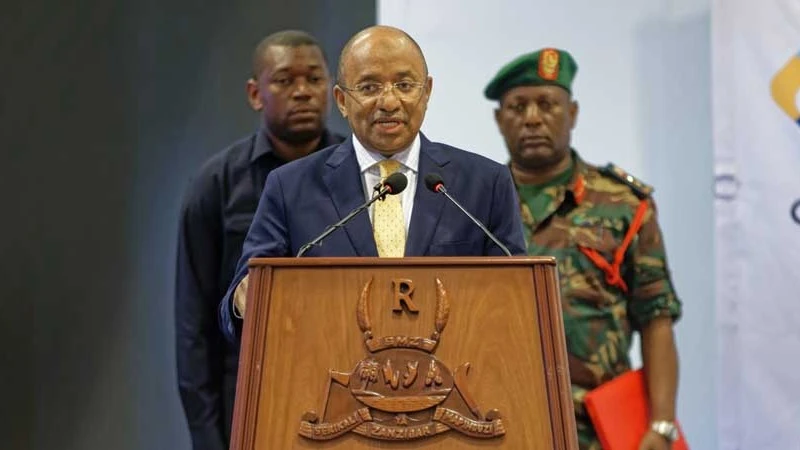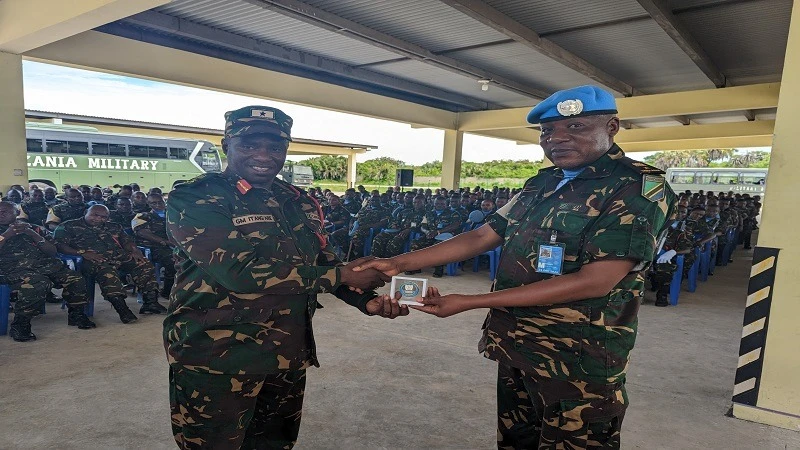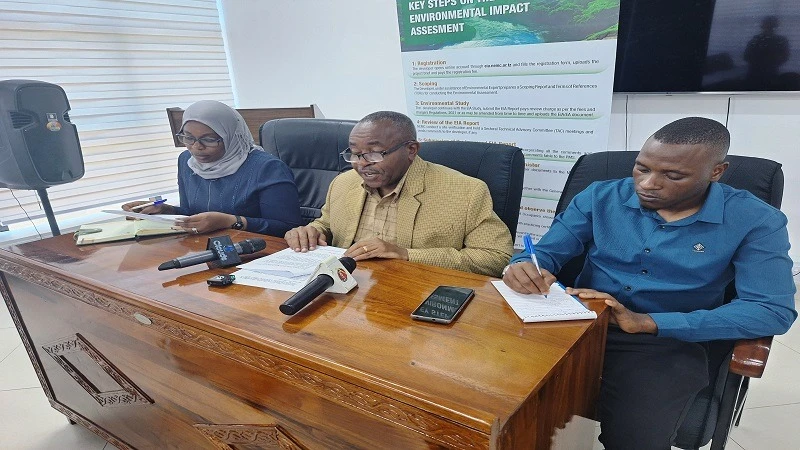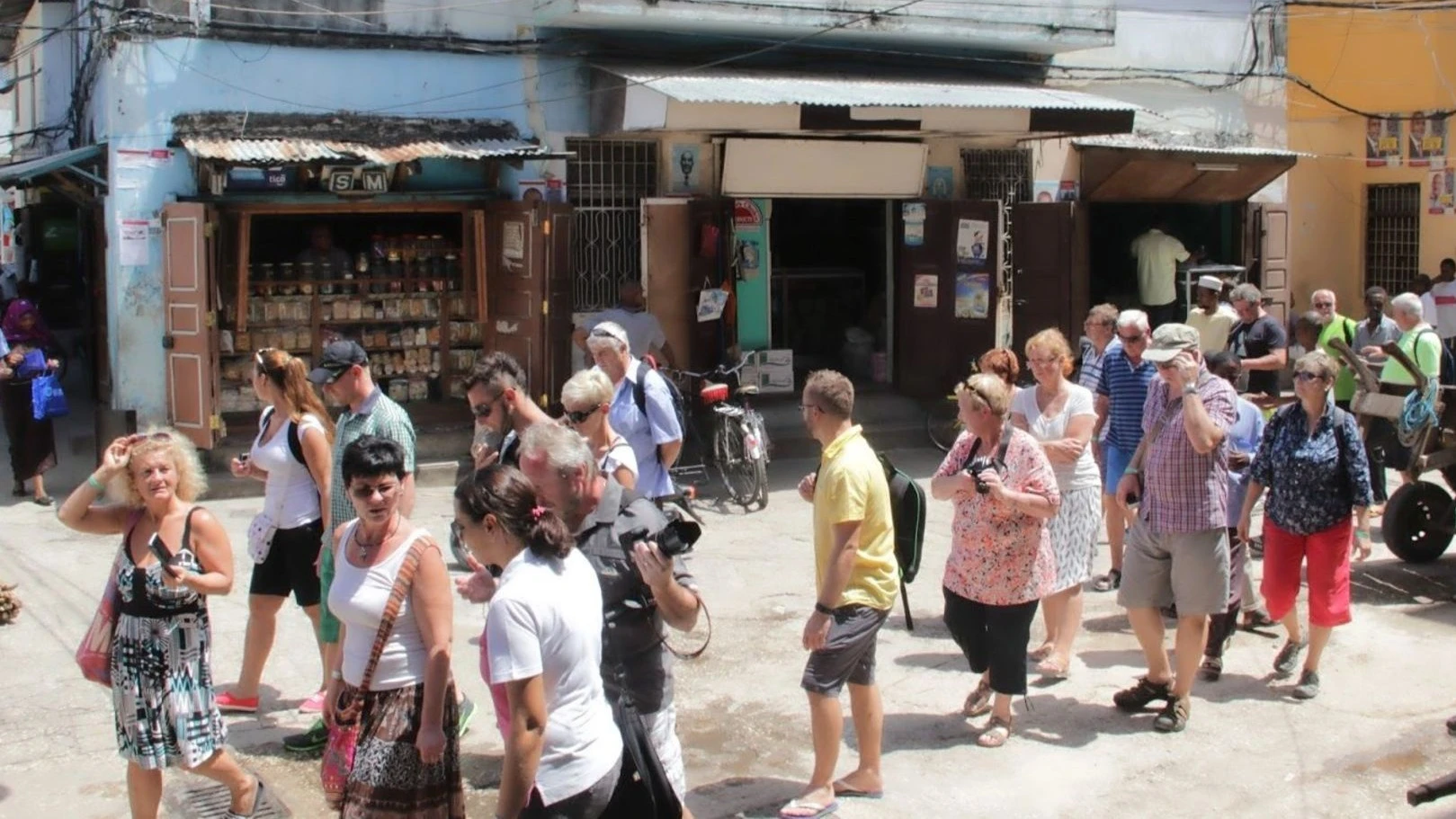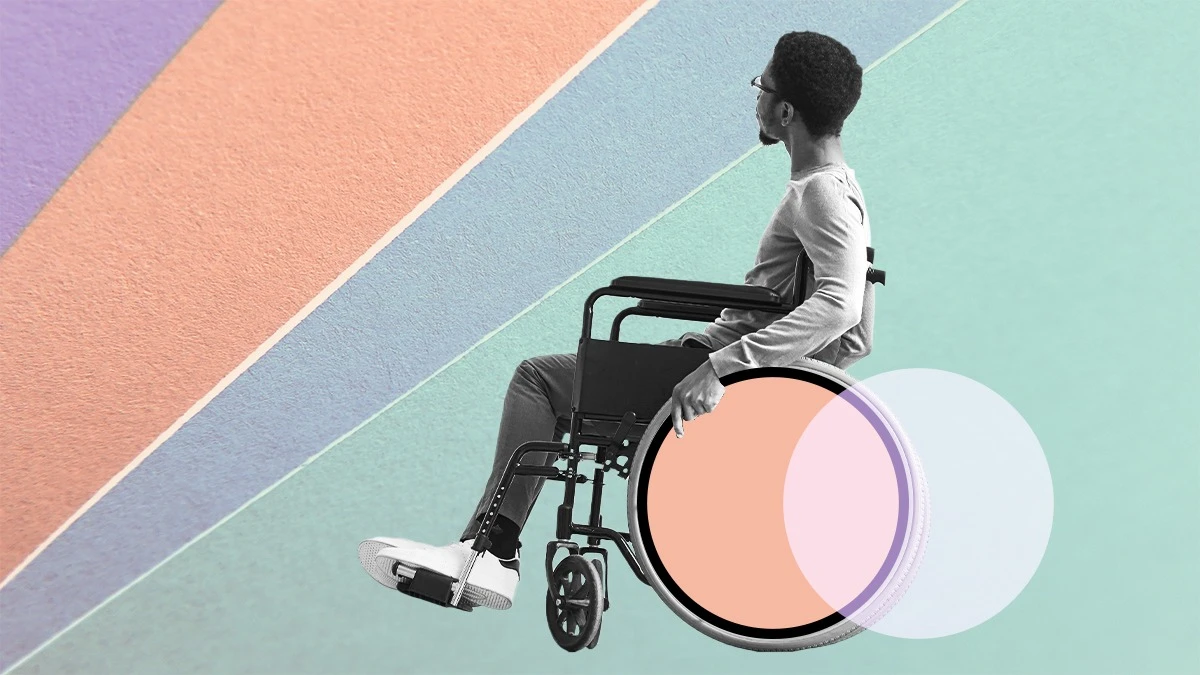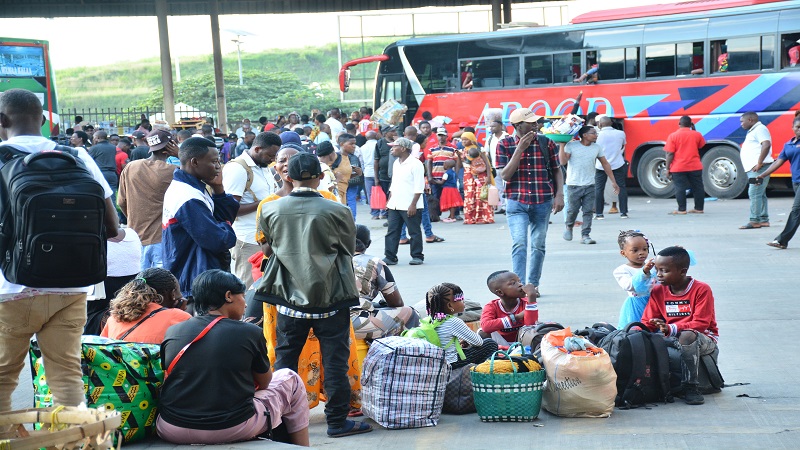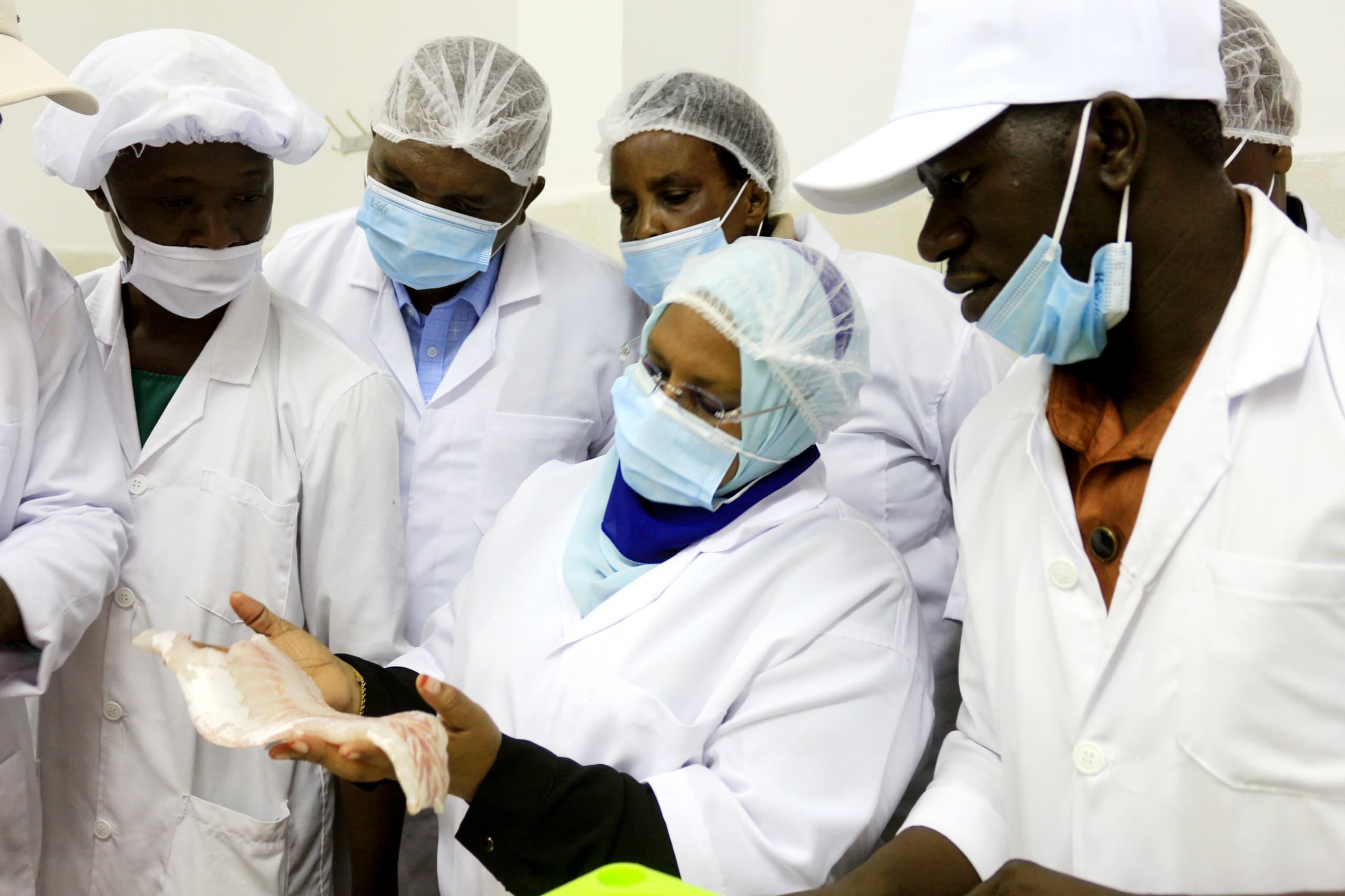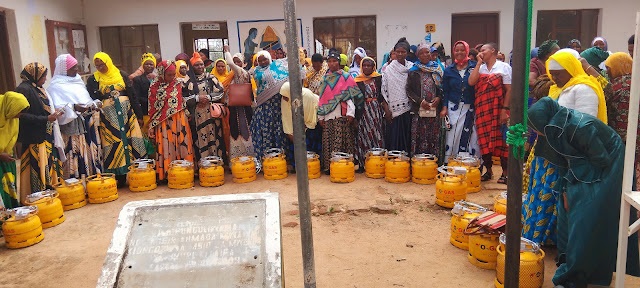Training programme empowers girls in ICT
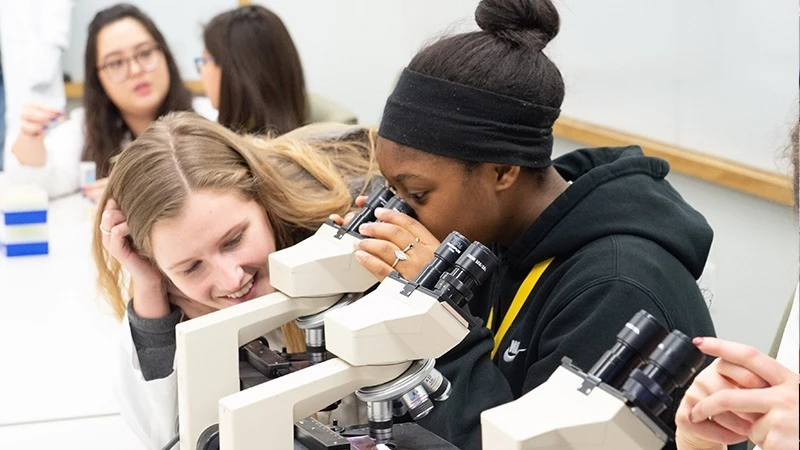
HUNDREDS of secondary school girls in Dodoma Region have been trained on information and communication technology programme, thanks to Vodacom Tanzania in collaboration with Tanzania Data Lab (dlab).
The initiative that contributes to building a more digital, inclusive, sustainable future on the continent while tackling low representation of women in Science, Technology, Engineering and Mathematics (STEM) education through a structured educational programme that targets underprivileged girls.
It started in 2019 to address the misconception that “STEM is for boys” and help in closing the STEM gender gap.
This programme is a space where more young women would realise a wide range of career opportunities – be it working for a tech company, building their own startups or becoming a developer.
Jointly implemented between Vodacom Tanzania and Tanzania Data Lab (dLab), the programme features an extensive four-day- training for girls aged between 14 and 19, to help them engage with the technology industry and encourage them to consider technology as a career path in the future.
It also aims to create a fun atmosphere that will get girls excited about career paths in STEM; and to help more women and girls feel inspired to get into coding and be more involved in the creation and development of tech.
According to Vodacom’s central zone manager, Tanzania Joseph Sai, the programme seeks to create an appetite for information and communication technology (ICT) related lessons among girls.
He explained that more than hundreds of female secondary school students in the region had been acquainted with coding and web hosting skills.
It is for such reason, Vodacom Tanzania and dLab, recently hosted a four-day Bootcamp held at the University of Dodoma (UDOM), bringing together several girls from secondary schools in the city.
He explained that so far, some2,600 from different regions in the country had undergone such training, adding that the plan is to reach as many girls as possible.
The project coordinator from Tanzania Data Lab (dLab), Somoe Mkwachu, acknowledges the significance of the ‘Code it Like a Girl’ initiative.
However, she stresses the need for further scaling up such initiatives, emphasising that digital literacy is now a cross-cutting issue with far-reaching implications.
“This is just a drop in the ocean, this needs to be scaled up as digital literacy is now a cross cutting issue,” she says.
Vodacom Tanzania’s ‘Code it Like a Girl’ initiative is not just teaching girls to code; it’s empowering them to shape the future of STEM, bridging gender gaps, and fostering inclusivity.
It serves as an inspiring example of how education and technology can pave the way for a brighter, more equitable future in the digital age.
Natalia Mashaushi, a student from K ndege secondary school said the progrmme helped expand their knowledge on ICT and its uses.
She said they learnt different aspects of technology including how to use different systems in helping solve problems facing the society and bring development.
Top Headlines
© 2024 IPPMEDIA.COM. ALL RIGHTS RESERVED








